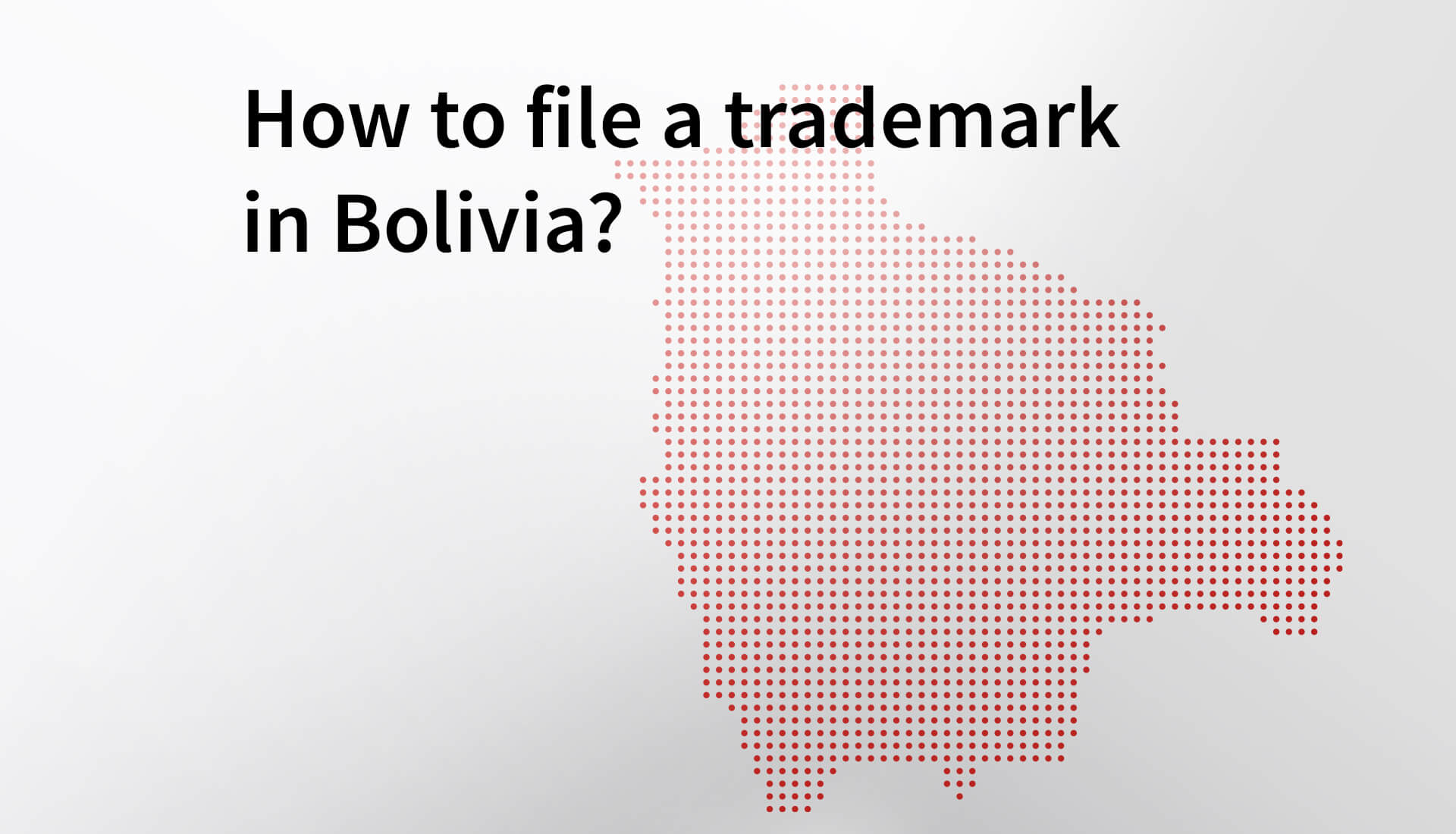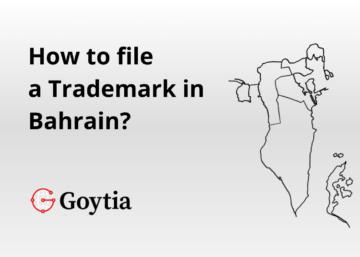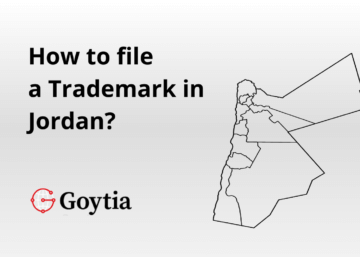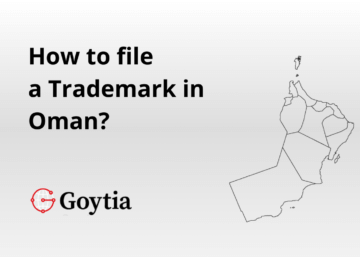To file a trademark in Bolivia, you must submit your application to the National Services of Intellectual Property (SENAPI). This official authority manages trademark registrations and ensures that applicants comply with Bolivia’s intellectual property laws.
What is a trademark in Bolivia?
In Bolivia, the law defines a trademark as a “distinctive sign” that identifies products or services in the market. Applicants can register various types of distinctive signs, including denominative, figurative, mixed, three-dimensional, and auditory marks.
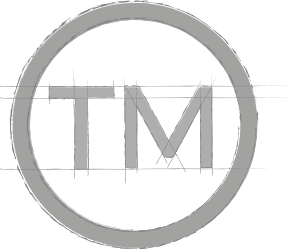
How to file a trademark in Bolivia?
To file a trademark in Bolivia can be done on-line, by post or personally; the form must must contain at least the following:
-
Trademark Information
Please provide the complete name and address of the applicant(s).
Indicate the particulars of the mark and specify the class(es) in which you intend to file the trademark application.Required Documents
You must submit a Power of Attorney signed by the applicant or an authorized officer of the applicant company. A Notary Public must notarize the signature, and you must legalize it through Consular channels or an Apostille. Since Argentina is a member of the Hague Convention, you may present foreign documents with an Apostille instead of consular legalization.
- Sworn translation of documents into Spanish: our in-house translators can assist you.
Check out how to file a trademark in Argentina.
How is the process of filing a Trademark in Bolivia?
Previous Search
Before initiating the application process, applicants must verify that their distinctive sign is available for registration. Additionally, some restrictions may apply regarding what can be registered as a trademark. Therefore, we encourage you to get in touch with us so we can assist you in identifying any restrictions and proceed with a free trademark search. Click here to initiate the search.
Submission of Application
Once you complete and submit the trademark application, SENAPI will review it for any errors or missing information. Registering a trademark in Bolivia grants the holder the exclusive right to use the mark in the market and prevents unauthorized use by third parties.
Examination
After submission, the procedure continues with the filing of the trademark application form with SENAPI.
-
Formal Examination: At this stage, the examiner evaluates whether the application meets all formal requirements, such as the applicant’s name, nationality, address, and the proper classification of goods or services. Most objections during this phase involve issues with the classification.
-
Substantive Examination: Next, the examiner checks whether the proposed trademark has already been registered by another party and whether it meets absolute and relative grounds for registrability.
Review and Publication
If the application meets all requirements, SENAPI proceeds to review and publish it in the Official Gazette for opposition purposes.
Registration
Finally, once approved, SENAPI issues the registration certificate. This certificate grants the owner exclusive rights to use the mark for ten years, starting from the filing date. Moreover, the registration is renewable for successive ten-year periods. However, if no renewal application is filed during the six-month grace period following expiration, SENAPI will automatically cancel the registration.
Extras
Duration of the procedure:
The processing time from the first filing to registration is approximately 12 months in the case of a smooth registration procedure.
Opposition and Appeal:
During the publication stage it is possible to make objections the opposition period is 30 labor days from publication date of the application. The PTO may grant or deny registration of a new trademark.
Representation by a Intellectual Property Agent
Please note that a general power of attorney is admitted and we can use it to file any number of applications on behalf of the same client
Goytia & Associates has local offices in Argentina and in key cities of the world to ensure the best quality of IP service. Our extensive coverage of +120 countries enables our clients to effectively manage multiple filings and cases through one centralized agent.
Do you need to file a trademark in another country?
This content may suffer modifications due to updates in the official regulations of Bolivia.
